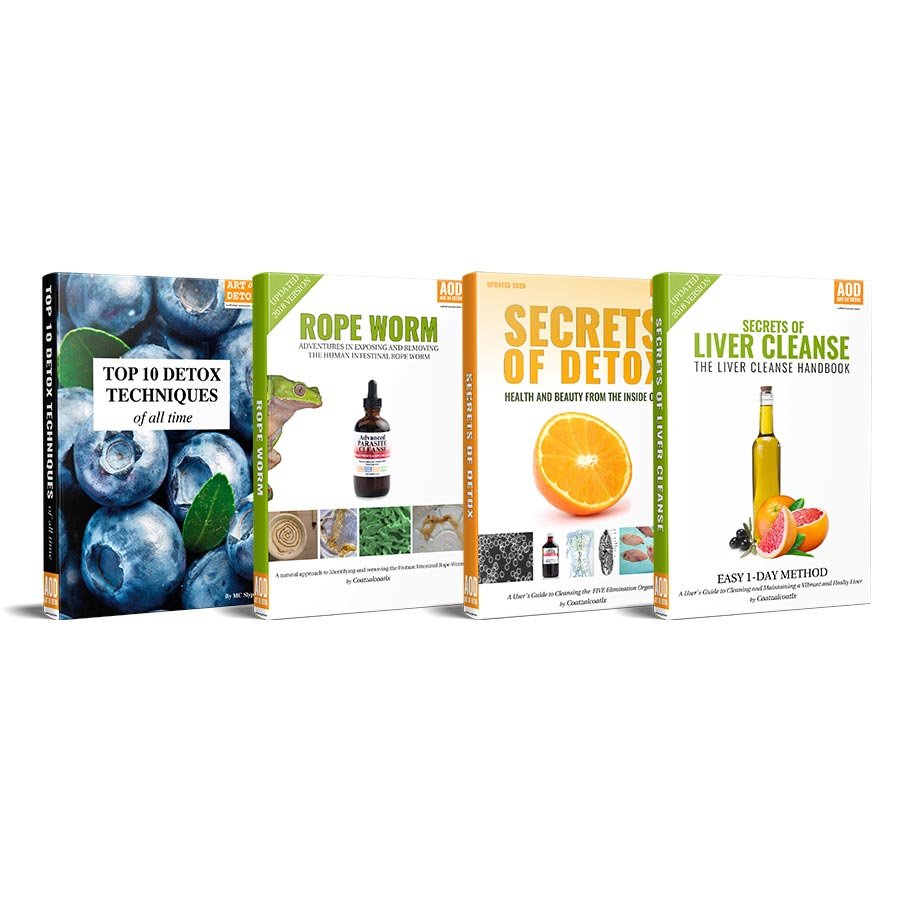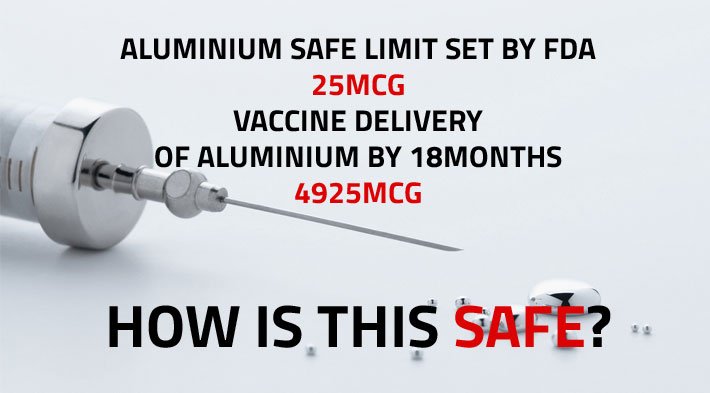A number of popular wine and beer brands contain trace amounts of arsenic and heavy metals found in herbicide.
As if you needed another reason to cut back on alcohol intake…
CBS opened the floodgates in 2015, with news of a lawsuit against 31 wine labels for high levels of inorganic arsenic—up to four and five times the maximum amount the Environmental Protection Agency (EPA) allows for drinking water. Reports followed (as recently as last week), revealing residues of glyphosate in other booze—a majority of which hail from the US.
The alleged culprit? Monsanto’s Roundup weed killer.
The multinational agrochemical and biotechnology company developed its glyphosate-based herbicide in the 1970s; it was quickly adopted by farmers, who could exterminate pests without ruining crops.
Monsanto argued, however, that the natural occurrence of arsenic in soil (with the average concentration some five parts per million) is 10 times great than levels reported for concentrated Roundup-branded herbicides, and 100 times greater than those products “at their working dilutions.”
“It’s is therefore more likely that any arsenic detected in wine is derived from arsenic present in vineyard soils rather than glyphosate used in vineyard maintenance,” the company told Geek.
Despite its regulatory approval, glyphosate formulations like Roundup are often criticized for their effects on humans and the environment.
Contrasting reports make it tough to pin down the toxicity of the compound; there is limited evidence that human cancer risk might increase as a result of exposure to large amounts of glyphosate alone.
But formulations which contain other unidentified substances (considered trade secrets) could raise the chances of harm if consumed in large-enough quantities. Monsanto’s ingredient information is listed online, including details on substance, mixtures, and chemicals.
A study published in January revealed that more than a dozen Roundup products contained excessive levels of the lethal poison arsenic, among other heavy metals.
Now, think about what happens when those products are sprayed in vineyards and grain crops before harvest.
“Comparing reported detections of trace elements in a concentrated pesticide product to a drinking water standard is not a relevant or appropriate analysis,” Monsanto said in a statement emailed to Geek. “Frankly, it’s nothing more than scare-mongering.”
“Monsanto takes our responsibility as a scientific enterprise very seriously, and we are proud to be advocates for robust and sound science,” the company continued. “Glyphosate safety is confirmed by seven complete regulatory data sets and hundreds of peer-reviewed studies. Fourteen separate regulatory and scientific bodies since 2015 and the largest real-world epidemiological study ever conducted on the use of pesticides by farmers confirms that glyphosate is not carcinogenic.”
Continuing the debate over glyphosate, nonprofit organization Moms Across America (MAA) recently tested wine brands Gallo, Beringer, Mondavi Barefoot, and Sutter Home, as well as Budweiser, Busch, Coors, Michelob, Miller Lite, Sam Adams, Samuel Smith, Peak Organic, and Sierra Nevada beers.
Their results suggest that independent and organic beers contain higher levels of glyphosate than conventional brands, which tend to use cheaper ingredients like rice instead of barley, oats, rye, and wheat.
“Beverages contaminated with a neurotoxic carcinogen, and now we know arsenic, too, are contributing to the skyrocketing rates of mental illness, fertility issues, and cancer in America,” MAA executive director Zen Honeycutt claims. “If manufacturers want to protect the integrity of their brands and support healthy Americans, now is the time to demand that the EPA revokes the license of glyphosate.”
The Environmental Protection Agency is accepting comments through April 30 on the re-registration or denial of the license for glyphosate for another 15 years.
“Safety is a top priority for us at Monsanto,” the firm said. “Roundup is rigorously tested and then reviewed by third-party scientists at government agencies. Glyphosate, the main active ingredient in Roundup, is one of the most widely used and thoroughly evaluated herbicides in the world. Glyphosate has a 40-year history of safe use and no regulatory agency in the world considers it to be carcinogenic.”
Source: Geek.com
Credits: Jennifer Thompson
Original price was: $37.97.$29.99Current price is: $29.99.
21% Off






